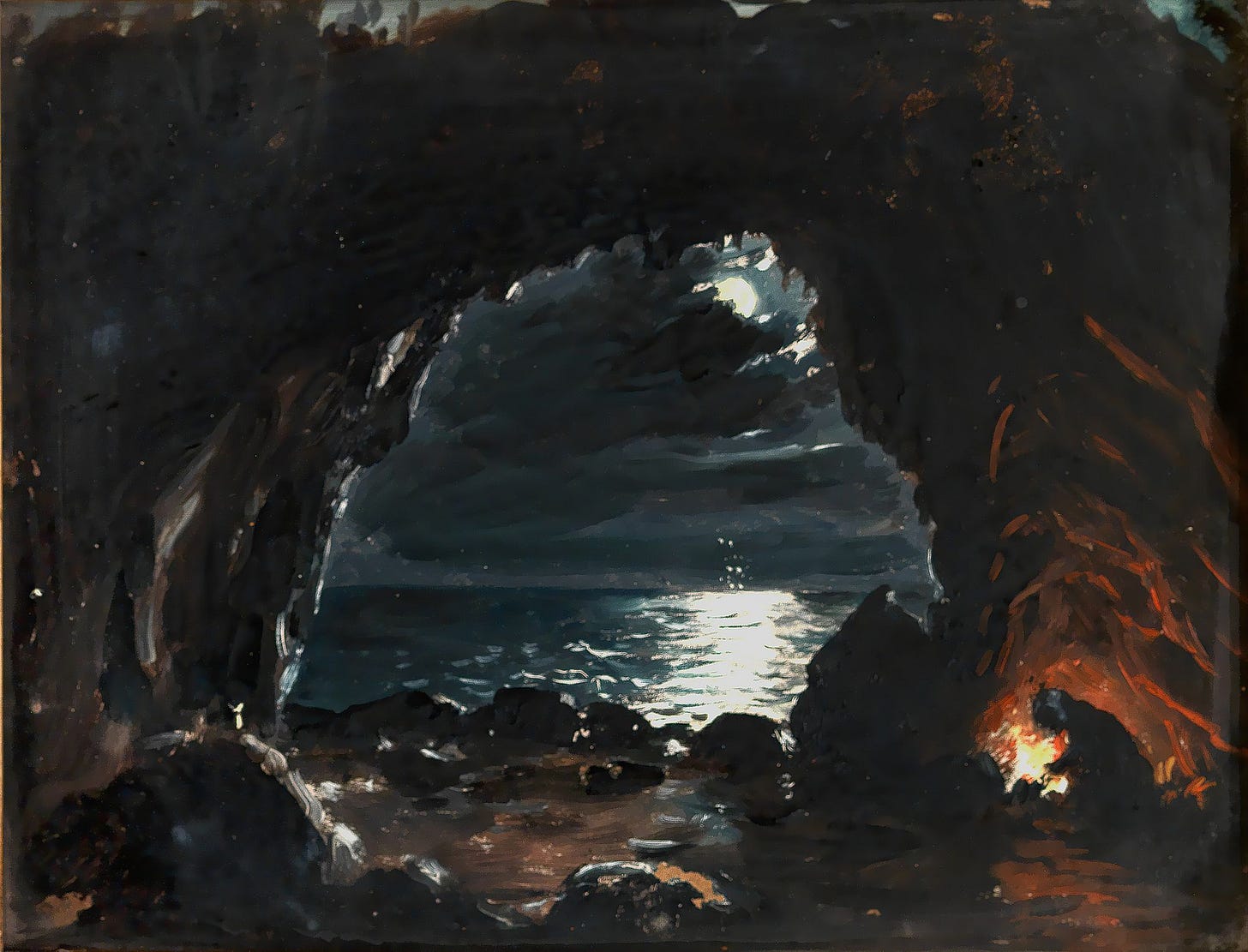Can Things Ever Change?
In America's approach to the Middle East, it can feel like the answer is always no. But we can't let that breed complacency.
Last Friday, I spoke to a group of visiting students from various Arab countries. The topic was U.S. policy toward the Middle East. I told them an abridged version of my own story, starting from September 11—the day that changed my life’s trajectory, but also a day that none of them had any recollection of. They ended up being quite curious about think …




